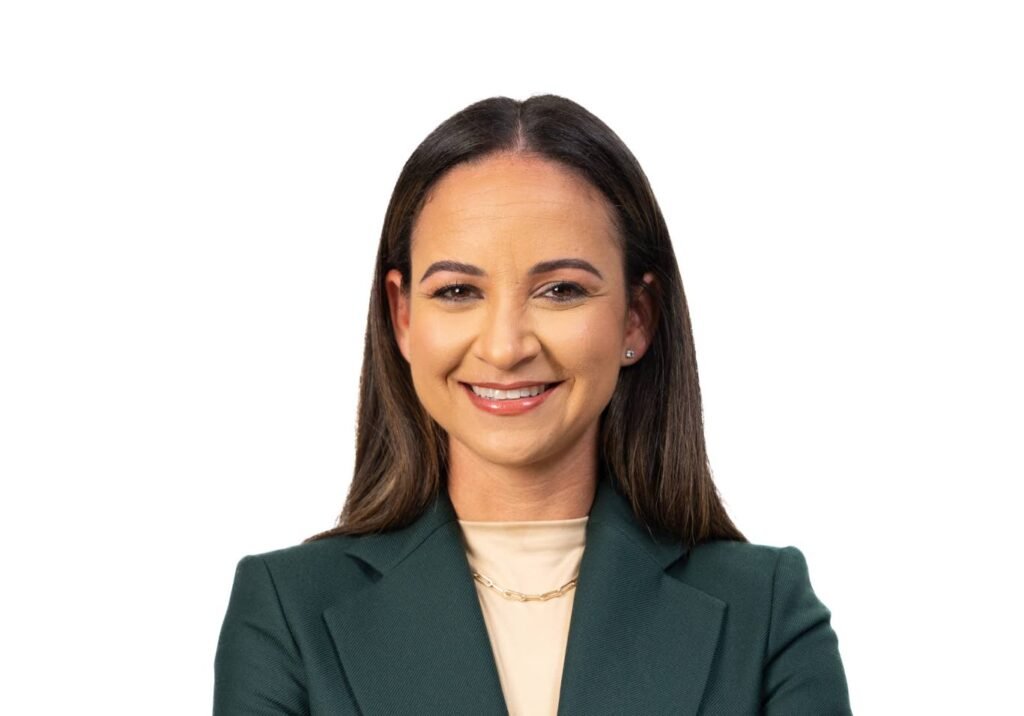ROSS-AMMAR… to a retired person receiving this coupon, they are very sad to see this [GOJ bond] go.
WITH interest rates trending downward, investors whose 9.625 per cent Government of Jamaica (GOJ) bonds mature this Friday are being urged to tread carefully when reinvesting their funds.
Financial experts are warning that the days of double-digit bond coupons are long gone.
“In your quest to chase a high-yielding bond, you may be taking on undue risk,” warned Eugene Stanley, VP of fixed income and foreign exchange at Sterling Asset Management.
Twenty years ago, when interest rates were much higher, a bond yielding 9.625 per cent was not unusual. However, experts now warn that investors seeking similar returns today would have to take on significantly higher levels of risk.
“The challenge is this GOJ bond was issued in 2005, which is a long time ago, and issued at 9.625 per cent; today GOJ bonds are like four, five and six per cent,” explained Marian Ross-Ammar, VP of trading & investment at Sterling Asset Management.
The holders of these bonds can vary, but they are generally low-risk investors seeking steady income. According to Ross-Ammar, some individuals invest in bonds to replace their income during retirement, while others do so because they prefer lower-risk assets. She noted that unless an investor’s risk profile or financial goals have changed, there is usually no need to alter the allocation, as different bonds serve different purposes. Many investors, from pension fund holders to high-net-worth individuals and early retirees, rely on bonds for consistent income.
“To a retired person receiving this coupon, they are very sad to see this go,” she told the Jamaica Observer in an interview.
While investment choices ultimately depend on an investor’s objectives and risk tolerance, Ross-Ammar emphasised that all investors must come to terms with the reality of slightly lower interest rates. She noted, however, that there are bonds with high coupons issued by companies with strong credit ratings, providing options for investors seeking both high yield and quality. Experts stress that a bond’s credit rating is a key consideration, as the primary risk lies with the issuer’s ability to repay investors. While GOJ bonds are generally considered low-risk, as the Government rarely defaults on repayment. Corporate bonds, on the other hand, are fixed-income investments for those seeking steady income. Investors lend money to the issuing company, which promises to repay the principal at a set future date and pay interest on the borrowed funds for the duration of the bond. Unlike government bonds, companies can default on their debt, making the issuer’s credit rating a critical factor when evaluating corporate bonds. Though high-quality companies may offer bonds with attractive coupons, experts note that because interest rates have fallen over the years, these bonds are often priced at a significant premium. In addition to credit quality, investors should also consider liquidity — that is, how easily a bond can be sold — when selecting their next investment.
“You want to make sure the bond you buy is something you can sell and get back your money within two or three business days if you have to. Some local bonds take a much longer time to sell than global bonds,” Ross-Ammar noted.
Bonds are typically seen as lower-risk and more stable than stocks or equity. When investing in a company’s stock, you are buying an ownership stake, which does not come with a guaranteed repayment. Instead, shareholders may receive dividends, and the value of their investment can fluctuate over time, with the option to sell shares on an exchange. Bonds, in contrast, provide fixed income and can also be traded on the secondary market, allowing investors to exit when they choose. GOJ bonds are listed on the Bank of Jamaica website. Investors who are unfamiliar with bonds or interested in participating can also contact brokers for guidance. Some bonds may be advertised in local newspapers, while others are only available through broking channels.





